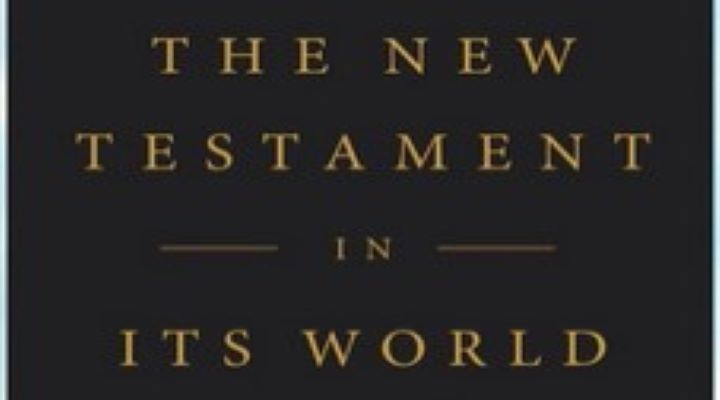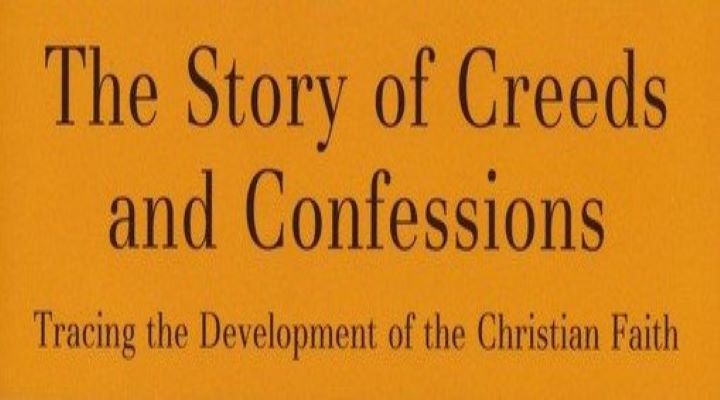Book Review — The New Testament in Its World: An Introduction to the History, Literature, and Theology of the First Christians
How far should professing Christians go in pursuit of unity? When and how should we disagree with each other? Are there ever circumstances when we should break fellowship? The thorough look into church history in The Story of Creeds and Confessions serves as a helpful reminder to seek and speak the truth humbly and in love.
Read More



